'Not a pragmatic deal' - Carlos Ghosn on possible Nissan-Honda merger
Former Nissan chairman talks about motivations and risks
By Inigo Roces
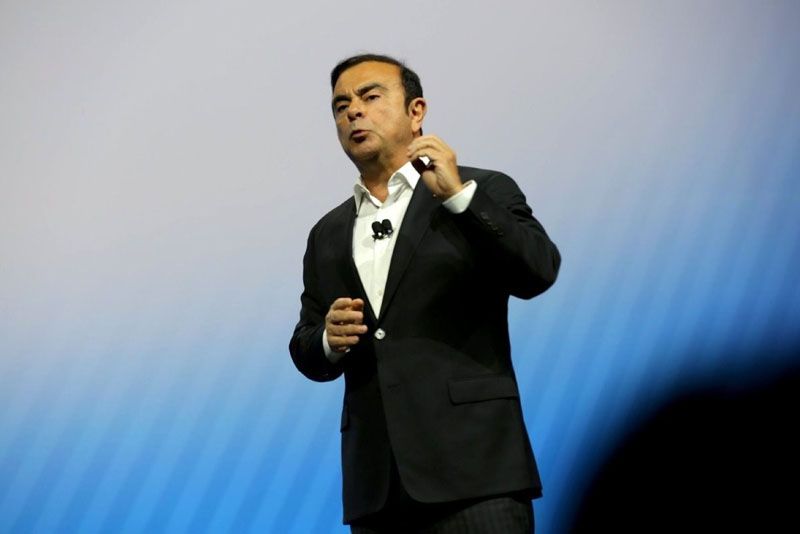
The potential merger of two Japanese automaker giants, Nissan and Honda, amid the former’s financial woes continues to be a much-discussed topic. The implications of such a deal may radically alter not just the Japanese auto market, but the global one as well.
In order to gain more insight into the possible deal, which both companies have remained silent on, Bloomberg sought out opinions from former Nissan Chairman, Carlos Ghosn, who escaped captivity in Japan and is now living in his home country of Lebanon. Ghosn shares his opinions with Bloomberg's Manus Cranny in a video published yesterday.
“It’s a desperate move,” shares Ghosn. “It’s not a pragmatic deal. The synergies between the two companies are difficult to find. There is practically no complimentary qualities between the two. They are in the same markets, same products; the brands are very, very similar.”
“They are trying to figure out something that can marry the short term problems of Nissan and the long term vision of Honda,” Ghosn hypothesizes.
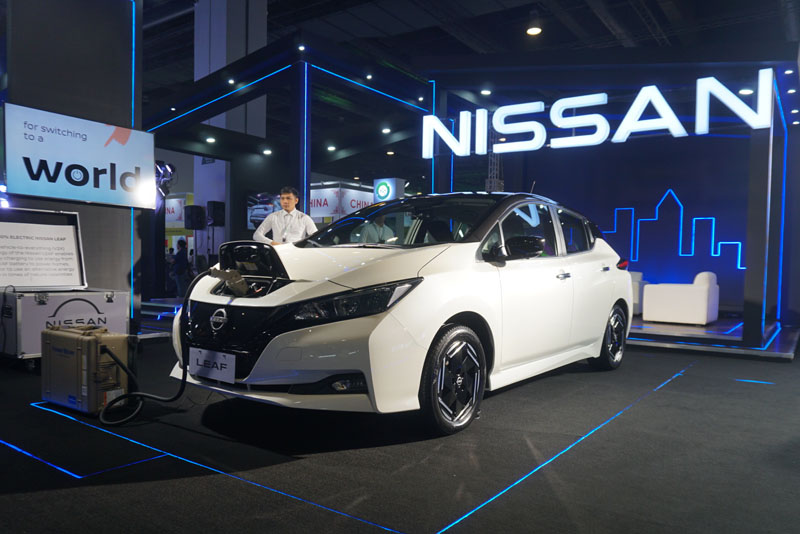
Nissan’s troubles are not unique, as many legacy automakers are currently facing diminishing returns as consumers ponder the shift to electrified vehicles. Many are still hesitant, evidenced by the stronger sales of hybrid vehicles compared to fully electric ones. Nonetheless, many major automakers have already invested billions in the development of fully electric models, but are now beginning to backpedal due to slowing sales of EVs. In the US, Tesla continues to dominate the EV space with price cuts implemented on some of its models to maintain market share. While in the rest of the world, Chinese automakers were quick to offer a wide variety of appealing and affordably priced solutions.
“Today, the Chinese automakers are on the winning side. They are the largest exporter of cars, largest makers of EVs…” he shares. “It’s a very disciplined workforce. They are very eager to compete in this industry.”
Ghosn theorizes the motivations behind these mergers may be more political and a matter of national pride. Chipmaker, Foxconn, had expressed interest in acquiring a controlling stake in Nissan. However, this offer was paused when the company heard of the interest from Honda.
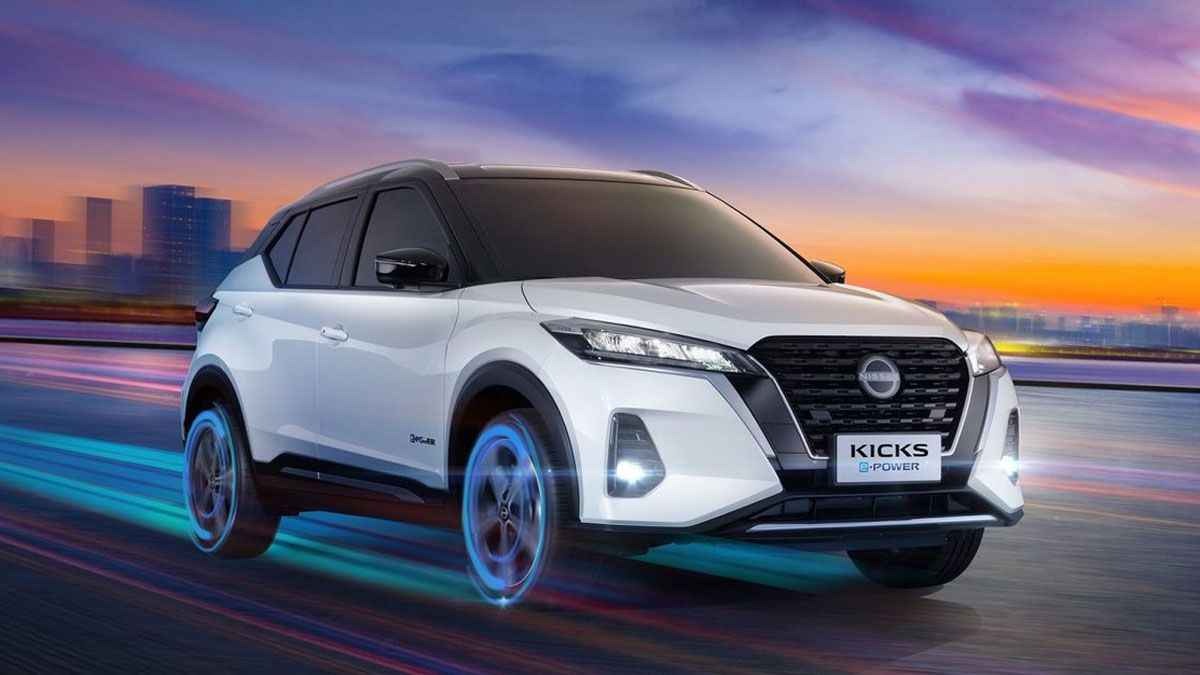
“The approach of Foxconn would have put Nissan in a completely different path. They are realistic people and know they cannot do it against the will of Japanese government,” he commented.
Ghosn shares that Foxconn’s proposal may save Nissan, but there may be some aspects of it that are not appealing.
“Instead of building something from scratch, you can take control — at a relatively cheap price — of an existing car manufacturer, get rid of what you don’t need, and concentrate on what you want for the future.”
“I understand how influential the METI (Japan’s Ministry of Economy, Trade, and Industry [METI]) can be. There’s no industrial logic to it. It’s a defensive mode that will try to shore up the Japanese industry and avoid a social cataclysm… to reinforce these automakers in foreign markets.”
When asked about the alliance between Nissan, Renault, and Mitsubishi and why it hasn’t borne fruit, Ghosn had this to say.
“The alliance is a zombie. There’s an appearance of collaboration but practically no collaboration at all.”
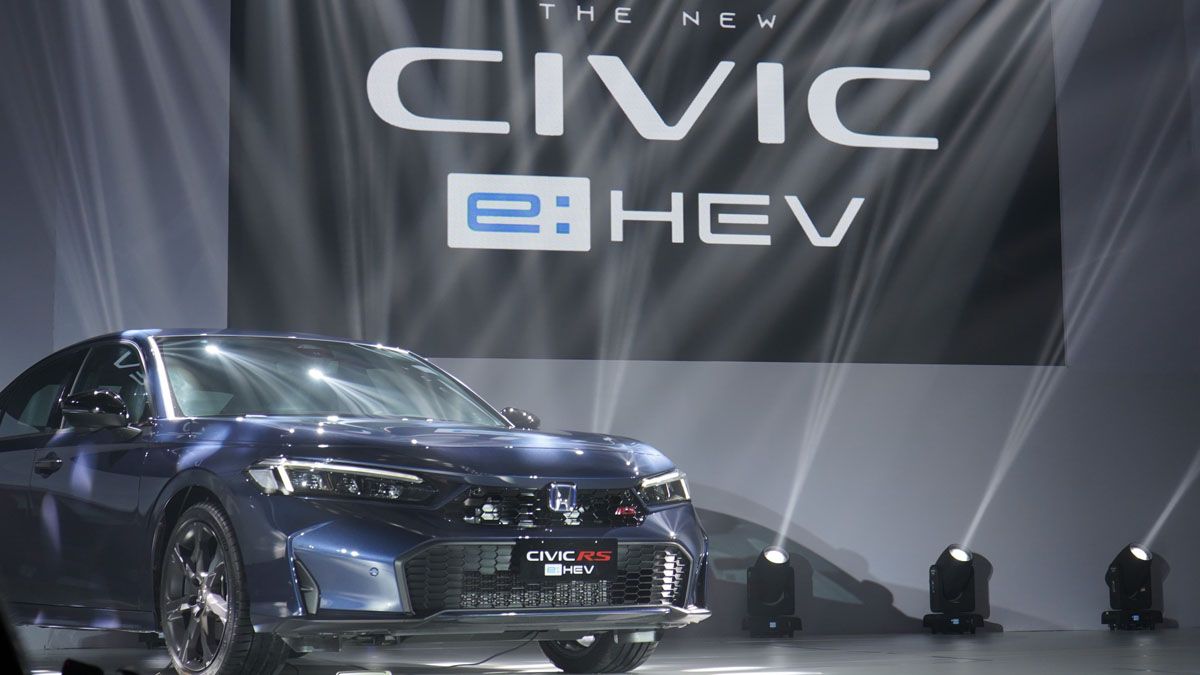
Ghosn shares that the move can help the two car companies reduce costs and recover some finances, but it comes with caveats.
“When you have two companies of this size, practically the same market, same strengths, and same weaknesses, there will be a lot of costs and duplication to be taken out… They can save investment by doing it one time and sharing the technologies.”
This can still lead to some internal clashes.
“Honda is very strong in engineering. Nissan is very proud of its own engineering. There will be a battle over whose technology will be adopted. It will be very tough. When engineers meet together, there’s this pride of, ‘My solution is the best solution.’”
Ghosn shares that there may be tough times ahead, particularly as incoming US president Donald Trump has threatened to impose tariffs on vehicles made abroad that hope to enter the large market.
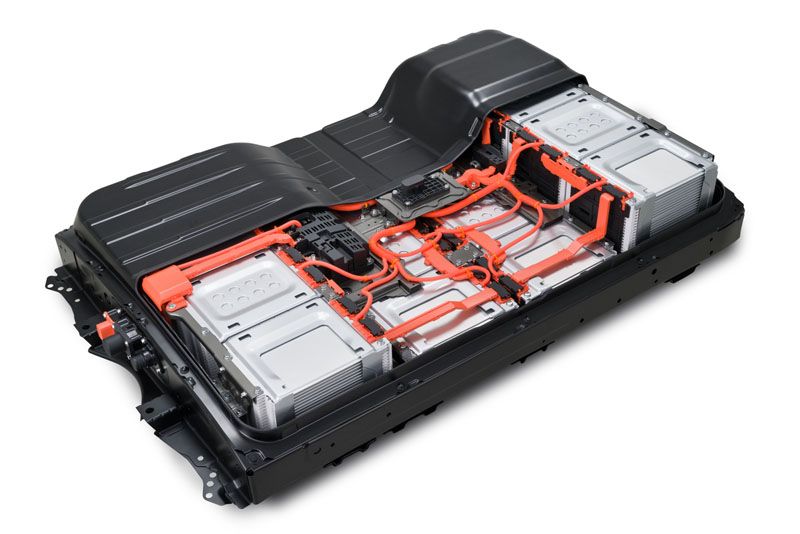
“It is a global industry. You can’t survive if you are restricted from accessing any market in the world. This industry lives on globalization. It’s bad news for all automakers to know there are going to be tariffs and obstacles for them to be present in all the market. It will translate into problems and higher prices for cars.”
Nonetheless, Ghosn says that this may not be the only discussion Nissan enters into in hopes of salvation.
“There are no automaker failures, but there are weak companies that others can buy.”